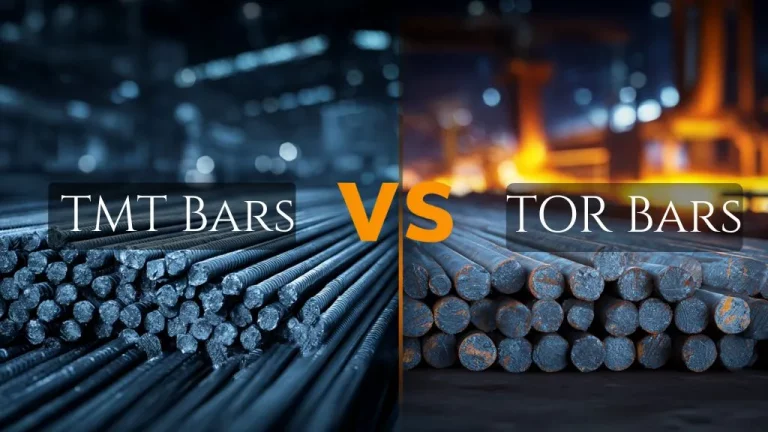About Us
At Property Geek, we take away the worry of property owners like you and make house-hunting a beautiful experience. So, by keeping our finger on the beat of innovation, we gather every possible information that you would need to find your dream home — from villas to plots, from credible property listings to the legal aspects of owning or selling property in India, Property Geek has got you covered!
Our team of experienced, energetic, and creative professionals promises to provide a helping hand to you. We’re here to provide you with the best house so that you can turn it into your stunning dream home.
Latest Listed Properties

Purva Builders
Puravankara Purva Westend in Hosur Road, Bangalore: Price, Brochure, Floor Plan, Reviews
You know how some places instantly feel like the perfect mix of comfort and...

Uncategorized
TMT Bars vs TOR Steel Bars– Which is Stronger for Building Construction?
When it comes to building a home, office, or high-rise building, one question will...

Real Estate
What’s New in Exterior Home Design for 2025: From Colours to Cladding
If you thought 2024 brought exciting changes to curb appeal, just wait until you...
Latest Blogs

Guide content
Autoclaved Aerated Concrete Blocks(AAC): Key Aspects, Benefits, Types, Disadvantages
If you’re planning to build a home and also trying to be a little...

Guide content
Concrete Mix Ratio in Home Building: What is the 1/2/3 Rule for Concrete?
If you’re building a house, the concrete mix ratio is honestly the backbone of...

Bangalore
Indiranagar Bangalore Overview- Map, Pincode, Property Rates, Photos & Reviews
If you’ve ever typed indira nagar bangalore into Google at 1 a.m. while dreaming...

Why buy with PropertyGeek?
Real estate consultation
Our team brings to you all the experience and expertise you need to examine the technical pre-purchase details. What’s better? The consultation services do not end at just finding you your dream deal; we stay by our side through the closure of the deal!
Assisted purchasing
As full-time property enthusiasts obsessed with the idea of marrying property purchasing with technology, we not only make home-buying easier but also make sure you know the accurate value of a property before you buy it.
Vastu consultation
Vastu, as an age-old guide of channelizing harmony and peace in one’s home, holds importance and value in most Indian households and we second you! Just let us know your requirements and we present to you Vastu-compliant homes that reassure mental peace.
Legal compliance consultation
Our team brings to you all the experience and expertise you need to examine the technical pre-purchase details. What’s better? The consultation services do not end at just finding you your dream deal; we stay by our side through the closure of the deal!
Home loan consultation
Financing your dream house in 2025, with the wide range of financial institutions at your disposal, should not be a matter of stress. But in the middle of all the other responsibilities, how do you find time to analyze and study the best financing opportunity from a somewhat great deal? We do that for you and more!
NRI services
As an NRI willing to invest in the Indian real estate market, we understand that you may not have a general awareness of the market including diverse aspects of Indian geography and finances. As your credible buying partners, we help you determine the best deal in your motherland!
